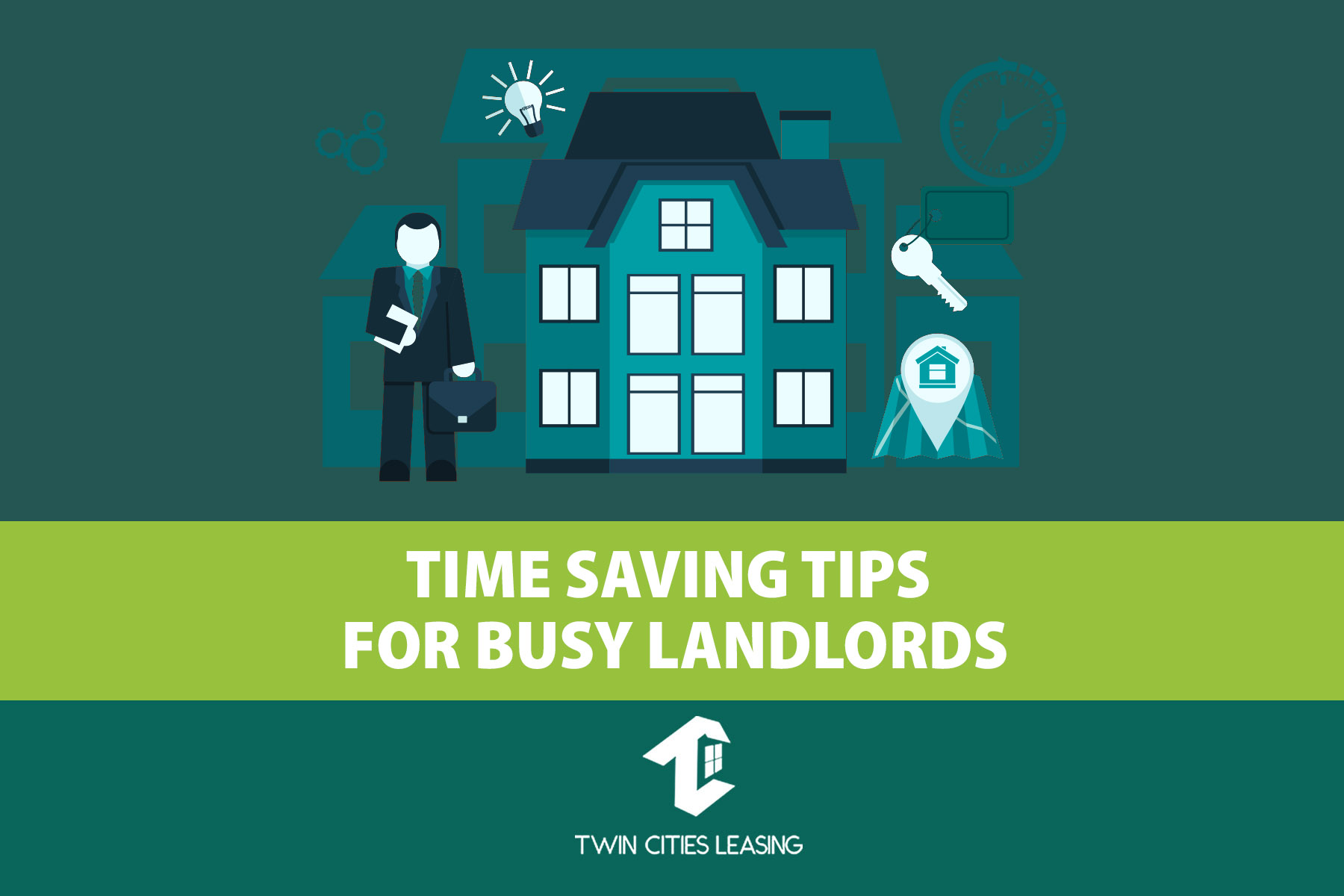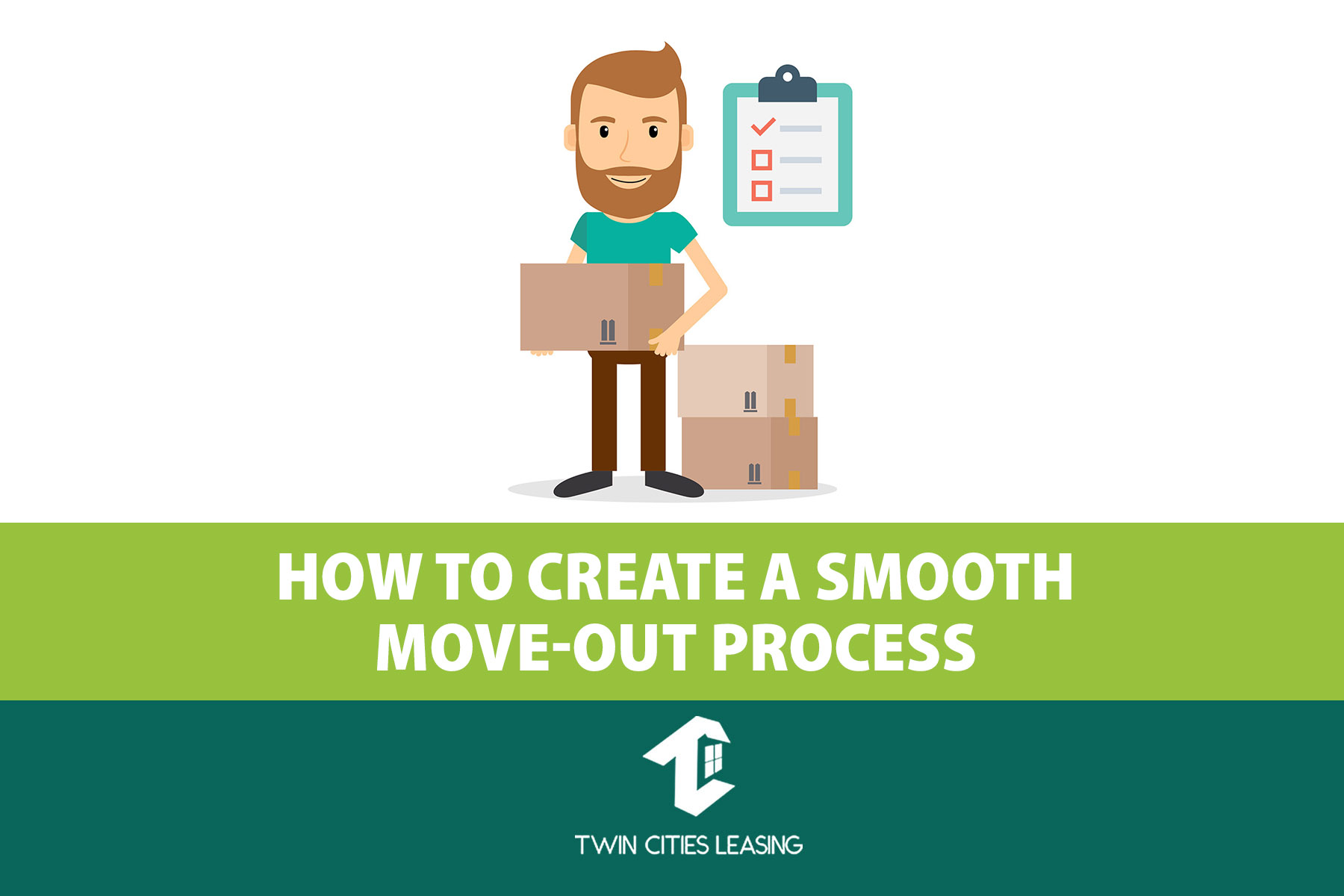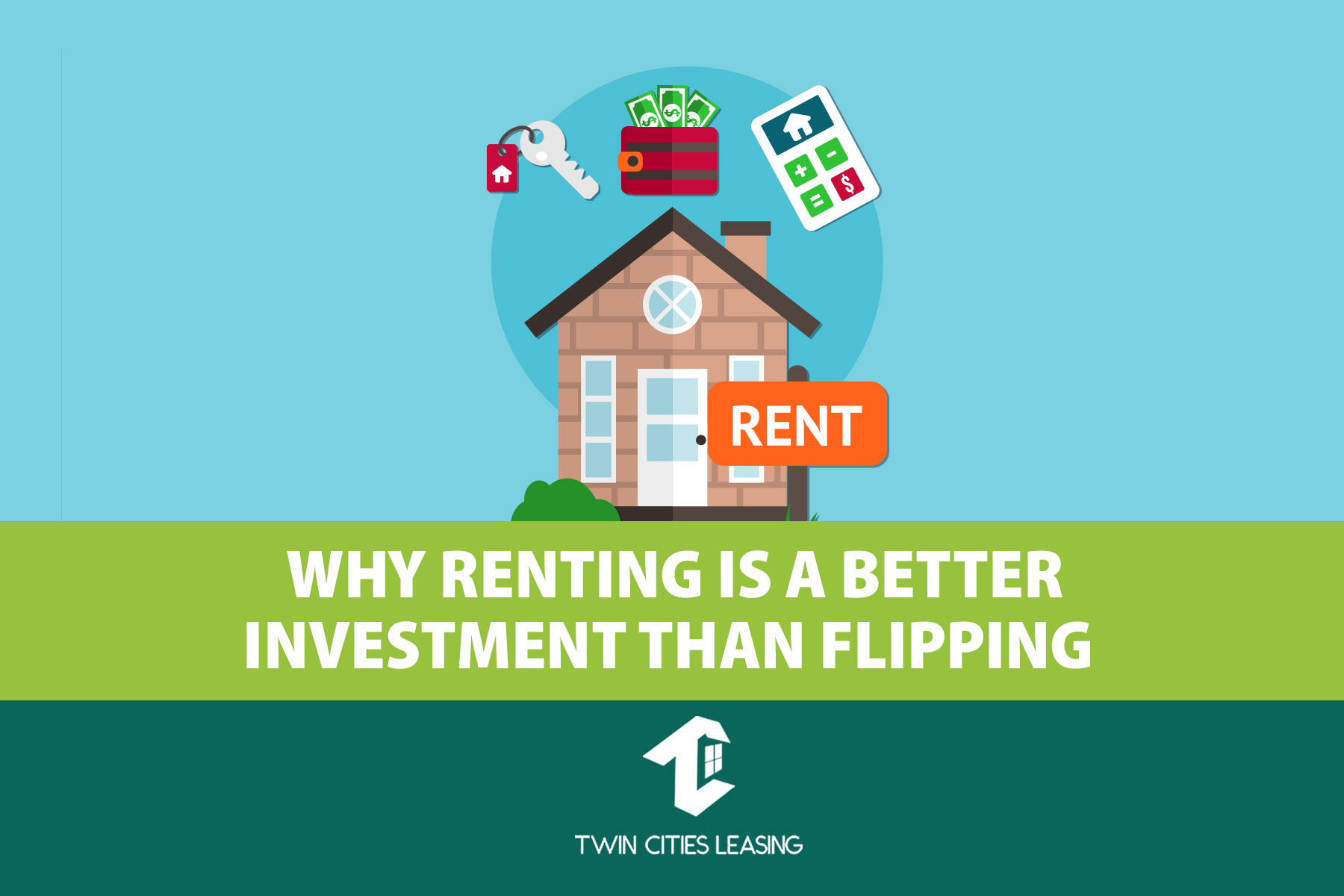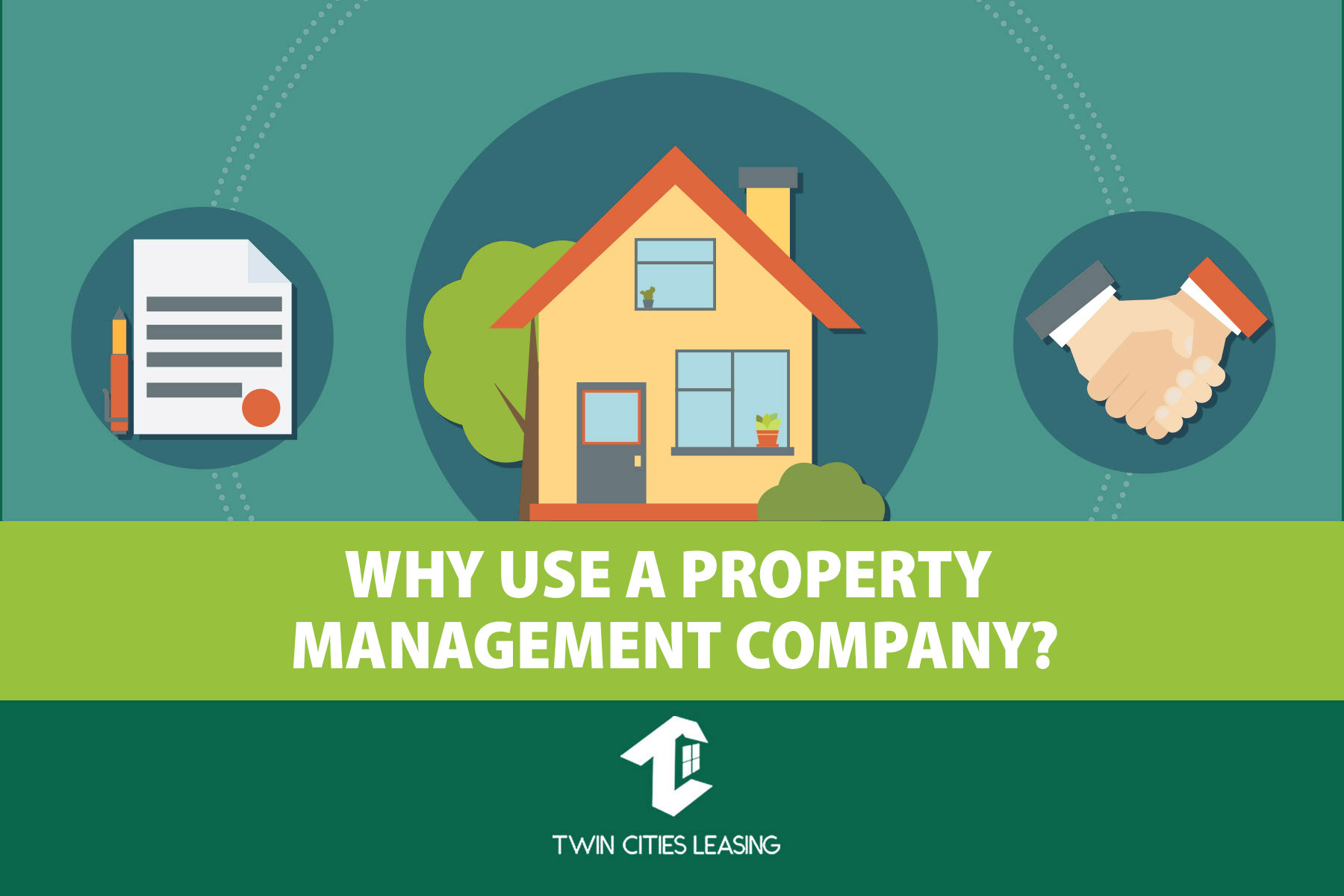
Why Renting Your Property Is a Better Investment Than Flipping It
September 29, 2020
How to Create a Smooth Move-Out Process On Your Minnesota Rental Property
January 25, 2021Landlords in the Twin Cities and beyond are often juggling multiple units, properties, and other investments. That can leave you with less time than you want to sort out individual property issues, address tenant concerns, and maintain the administrative side of your business. Thankfully, there are many ways to streamline your processes that save you time in the long run. Here are a few you can start implementing today.
Answer Applicant Questions In the Listing
Responding to unqualified candidates’ questions about your property can be one of your biggest time sucks. So skip that entirely and provide as much information in your listing as possible. This not only helps attract the best potential tenants for you, but it also weeds out those who might be a bad fit. Focus on amenities, indoor/outdoor space, preferred move-in date and lease term, parking options, photos of the space, and whether or not you allow pets.
Keep the Design of Your Properties Consistent
Keeping your fixtures and paint colors consistent throughout your units is a huge time saver. It promotes a clean, pulled together look for your property, making it appealing to potential tenants, while also saving you time and money when it comes to replacing doorknobs, faucets, light fixtures, and window coverings. We’d recommend considering hard wood floors too—they’re cheaper to maintain long-term than replacing carpeting every few years.
Properly Vet Your Tenants
Your ultimate goal when finding a new tenant should be long-term placement. This is so much easier when you properly vet potential candidates from the get-go. Perform thorough background checks, call references, and do a credit check. This saves you time because vetted candidates are more likely to be consistent tenants, meaning you won’t have to scramble to fill units upon every lease renewal.
Consider Renting to Pet Owners
There’s plenty of data that demonstrates that pet owners tend to have higher incomes and are more likely to be long-term renters, making them high-quality tenants. While renting to pet owners is a personal decision, it’s one that could save you time and provide you with more renter stability. Tenants with pets are also often willing to pay higher rents or security deposits because it’s harder to find units that accept animals. Just be clear up front what size, type, breed, etc. that your property will allow.
Set Up Online Payments
Accepting paper checks for rented units isn’t uncommon, but it’s outdated. Using an online payment system saves you the time of following up with late payments, sending reminders, and depositing the checks that come in. Yes, there are fees associated with online payments, but the fees you’ll accrue with lost or delayed checks, as well as the time you might spend chasing down payments will cost you more. Plus, online payments are a high selling point for young professionals, who can make high-quality tenants.
Make Sure Your Tenants Have Renter’s Insurance
Including required renter’s insurance as part of the lease agreement with tenants protects and saves you time and money if damage to the unit costs more than the initial security deposit. It streamlines your process and alleviates worries about potential time and money sucks down the road.
Respond to Tenant Concerns Right Away
Maintaining a clear and open line of communication between you and your tenants is an investment in your property—plus, it shows you care. And a little time up front building relationships with tenants will save you more time later. Or you can hire a property management team to do it for you. At Twin Cities Leasing, we can save you time by supporting you and your tenants from the leasing process to the ongoing management of your property.




